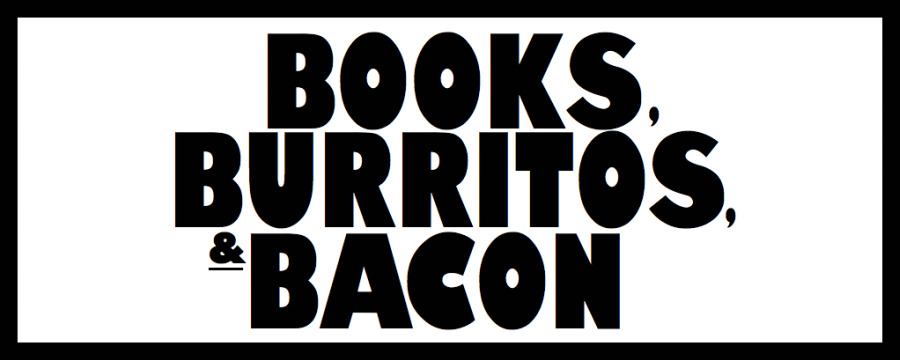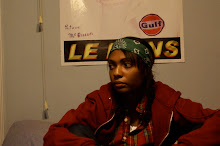Since the release of his definitive work, Sex, Drugs, and Cocoa Puffs in 2003, Klosterman has become a bit of a celebrity—ostensibly a part of all that pop culture debris he’s so apt to critique. In Eating the Dinosaur, his latest collection, he overtly addresses that issue in the book’s opening essay, “Something Instead of Nothing,” which is essentially meditation on the art and practice of interviewing and being interviewed.
In the essay, Klosterman who has contributed to Spin, The Washington Post, and Esquire, writes, “For the past five years, I’ve spent more time being interviewed than conducting interviews with other people. I am not complaining about this, nor am I proud of it—it’s just the way things worked out, mostly by chance. But the experience has been confusing.”
Eating the Dinosaur feels like Klosterman’s attempt to replicate the content, style, and success of Sex, Drugs, and Cocoa Puffs. But this isn’t something that he’s able to do. I’m not criticizing him, I’m just saying that his psychic distance has changed. He very literally cannot write the same way that he wrote back in 2003 for all of the reasons that none of us can write or think or behave the way we did in 2003, but also because he is, whether he wants to admit it or not, a celebrity. So while reading this book, there’s this mildly uncomfortable tension sort of haunting the margins. Despite my love for pop culture reportage—I almost would have preferred to read something completely devoted to his transformation into a public figure.
Although, there were a few things that weren’t working for me in Eating the Dinosaur—the discussion of sports, the rehashing of issues discussed in previous work, how meta the whole thing is—I did enjoy the book overall and would recommend it, especially to people who haven’t read Klosterman. There is an articulate, satisfyingly geeky dissection of time travel called “Tomorrow Never Knows” that should go down in history as the authoritative text on the subject.
When Klosterman is good, he’s really good.


